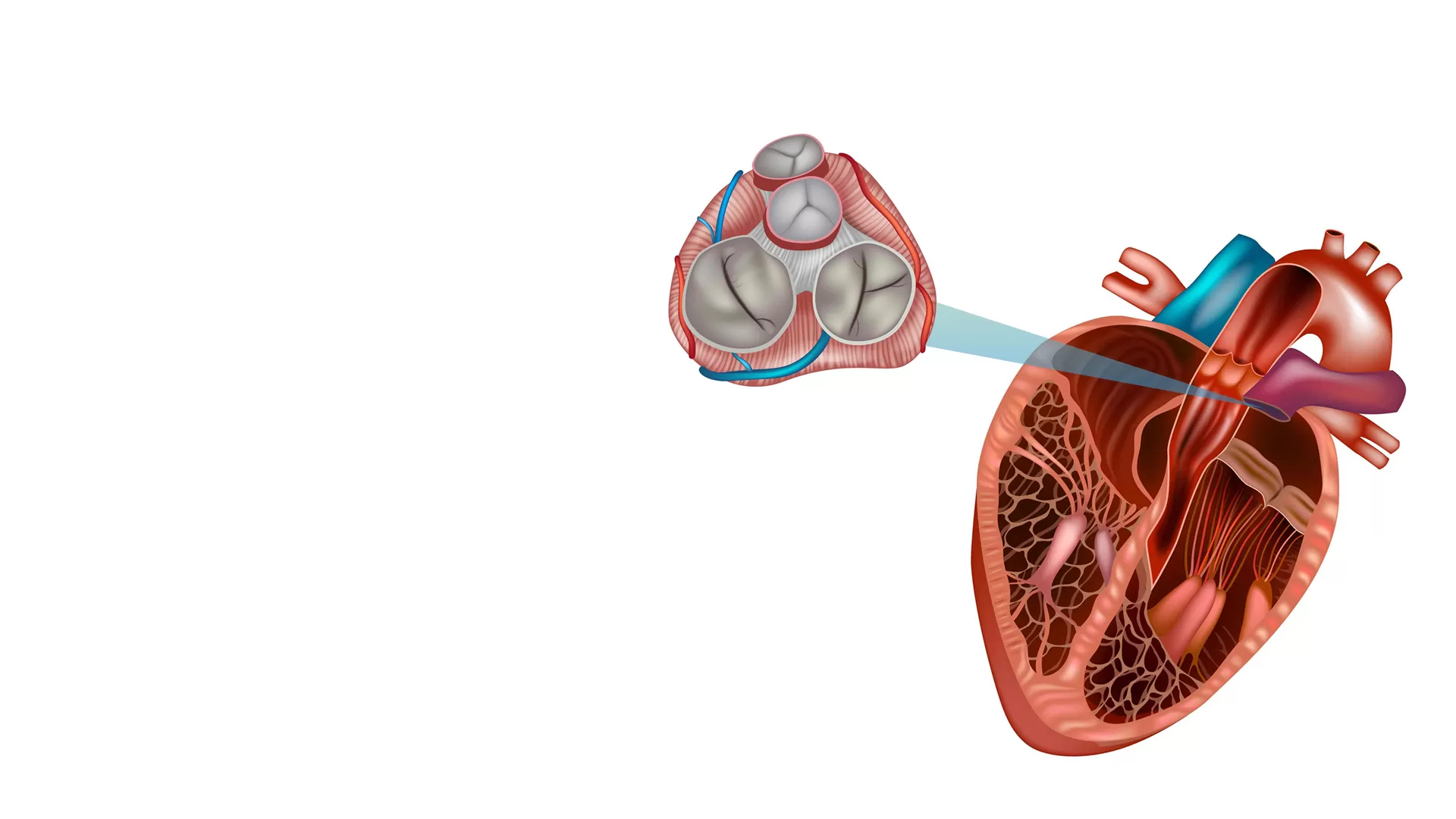Cardiologists focus on protecting and improving heart health. Their expertise encompasses aspects of understanding, diagnosing, and treating heart-related conditions, making them a key part of managing cardiovascular diseases. For those concerned about heart health, here’s more information about what cardiologists provide:
Expertise in Heart Conditions
When a patient experiences symptoms that could indicate a heart issue, cardiologists offer expert evaluation. From diagnosing common problems like high blood pressure and arrhythmias to addressing more complex issues such as heart failure or congenital defects, their training ensures thorough assessments. This process typically involves reviewing a patient’s medical history, conducting physical examinations, and ordering diagnostic tests, such as ECGs, stress tests, or echocardiograms.
Cardiologists also specialize in cutting-edge treatments. Medications, interventional procedures such as angioplasty, and surgeries fall within their realm of expertise. With their skills, they help stabilize, improve, or reverse various heart conditions.
Preventive Approach
Regular check-ups with a cardiologist can help identify risks early. They analyze potential threats, such as family history, blood pressure levels, and obesity, and then suggest ways to intervene ahead of time. These measures might include recommending dietary changes, increasing physical activity, or prescribing preventive medications.
Advanced Technologies
Technology has revolutionized cardiology, giving doctors advanced tools to assess and monitor patients. Imaging techniques, such as cardiac CT scans or MRIs, allow for a detailed examination of the heart’s structure and function without the need for invasive procedures. Portable devices, such as wearable heart monitors, provide real-time data that helps cardiologists track irregularities and identify potential triggers. Accurate assessment through these technologies ensures that no stone is left unturned. It enables cardiologists to diagnose with precision and make informed decisions that improve outcomes for their patients.
Personalized Treatment
Each patient is unique, and cardiologists understand that a one-size-fits-all approach doesn’t work in managing cardiovascular diseases, which is why they develop personalized care plans. These plans take into account a patient’s medical history, lifestyle, preferences, and long-term goals. Someone recovering from a heart attack may need medications, a supervised cardiac rehab program, and specific lifestyle modifications. A young adult with high cholesterol might start with dietary adjustments alongside medication.
Patient Education
Part of managing heart health involves helping patients understand their own well-being. Cardiologists play an active role in educating individuals about factors that affect the heart and recommend actionable steps to adopt healthier habits. This may involve explaining how smoking affects arteries, why stress is connected to blood pressure, or which foods promote heart health. By promoting deeper awareness, they empower individuals to take ownership of their heart care. Patients can leave appointments with a clear understanding of how to manage their condition and reduce risks moving forward.
Seek Help From a Cardiologist
With heart disease remaining a typical cause of death globally, cardiologists are more than just medical professionals. They are educators, innovators, and partners in the fight to protect heart health. Their comprehensive knowledge, combined with advancements in technology, equips them to address existing conditions and future challenges. If heart concerns are on your mind, now is the time to explore potential next steps and schedule a routine check-up.

